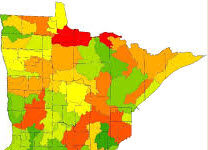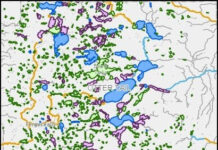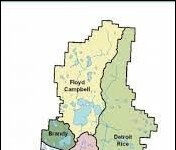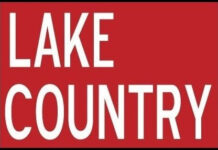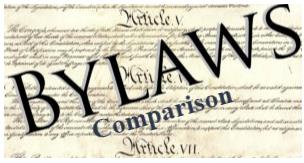for more information: [email protected]
A recent mini-survey of Lake Association Bylaws in Otter Tail County indicated a wide disparity of what provisions were included. The number of provisions for individual Lake Associations ranged from 14 to 56. Some provisions were common; Officers, Meetings, Quorum, for example. Others were seldom provided for such as Power of Attorney and Electronic Voting. The Members determine what provisions are included in the original Bylaws and must approve changes and modifications to the Bylaws.
An observation made from the analysis is that the degree of detail and control provided in Bylaws is relational to the makeup and competence of the Board of Directors. If the Members are comfortable with the capabilities of the individuals on the Board of Directors they may more freely delegate authorities to the Board to make procedural decisions for Association Management. A decision to require a budget when a CPA resides on the Board may be an example of justification for delegating this decision to the Board. In the absence of the presence of this expertise on the Board the Members may impose detailed requirements at the Member level.
Often members of the Board of Directors do not have comprehensive skills to address issues that may confront them. If the Members so desire, a supplementary document can be attached to and provided for in the Bylaws called The Board of Directors Handbook.
As the dynamics of organizations change and mature it is often impractical to expect Bylaws alone include all of the necessary detail to keep in step with evolution of the organization. Appropriate provisions included in traditional Bylaws can be practically delegated to the Board of Directors for the Board to manage. This eliminates the requirement to amend the Bylaws to accommodate new developing issues each time they arise. Amendments to the Bylaws or any section of the Bylaws requires approval by vote of the Members. Bylaw provisions often viewed appropriate to be delegated to the Board include matters such as electronic voting, proxies, powers of attorney, financial audit requirements, disbursement authorizations, etc. They can also include duties and responsibilities of Officers and Board Members. When provisions are hard-coded in traditional Bylaws, that are not consistent with actual practice, they are often ignored diminishing the credibility of the Bylaws.
Board of Directors Handbook
The Board of Directors Handbook is a supplemental document that includes examples of generally accepted policies, procedures and forms that can be appropriately referenced and modified by the Board to accommodate establishing Bylaw-type provisions. The Members provide for delegation of this authority by referencing the Handbook in the Bylaws. The Handbook provides for the Members to impose their desired level of control over Bylaw provisions while allowing the Board to have a readily available resource of including appropriate policies and practices for efficient management of the organization.





